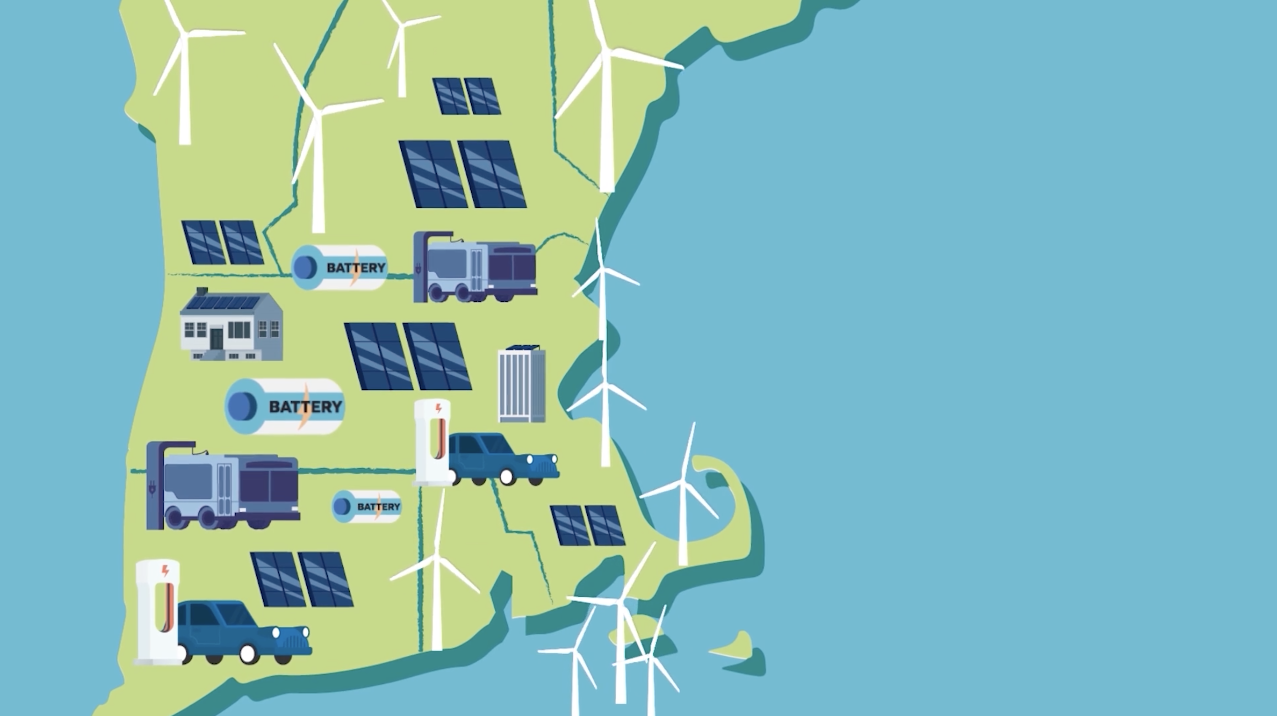At the end of 2019, the United Nations issued a definitive report that faults advanced nations for building out new fossil fuel infrastructure that will make it impossible to reach even modest climate goals. The report details how fossil fuel companies have gamed governments into allowing them to force through their projects no matter how nonsensical and unwanted they may be.
Here in Massachusetts, we have two perfect regional examples of this unsustainable hypocrisy: In Weymouth, construction work has begun on a gas compressor station designed to pump methane from Canada to New Jersey despite near-unanimous opposition from local residents and their elected representatives. In Longmeadow, the Federal Energy Regulatory Commission recently voted to allow Tennessee Gan and Columbia Gas build a new metering station designed to expand consumption of gas in western Massachusetts at a time when demand is actually falling.
In Longmeadow, town residents voted by a two-thirds majority to oppose the project. Gas company representatives told local officials that the town simply had no say it what happened within their own borders — that federal regulations allow the gas companies to do anything they wish.
Protests continue at the Weymouth site and a host of lawsuits from the Town of Weymouth are still pending. Local mayors, U.S. Senators Elizabeth Warren and Ed Markey, Rep. Stephen Lynch and Weymouth’s state legislative delegation have all voiced strident opposition to the project. Regional gas suppliers Eversource and National Grid have admitted that they do not need this compressor station to serve customers in Massachusetts: the compressor is a speculative scheme designed to export gas to out-of-state markets . Yet it is moving forward all the same.
Protester Lisa Jennings summed up the frustration with a system that seems to favor fossil fuel companies at every turn: “I thought we had standards. I thought we listened to people around here.”
The reality is state and federal governments too often rubber-stamp new gas projects and allow gas companies to pass the cost directly to ratepayers with little or no oversight or analysis. The compressor station at the mouth of the Fore River plows ahead even as Weymouth continues the fight against it in court. Yet judges are prevented by federal law from issuing a moratorium on construction while these cases are being heard.
It’s no secret that the current system is tilted in favor of the gas and pipeline companies. A court case now under consideration in Washington D.C. could start to level the playing field, but the steamrolling of local government and public opinion in Weymouth and Longmeadow are only the latest reminders of the ways that unwanted and unnecessary projects continue to gain regulatory approval with only cursory reviews of health, safety, environmental or even economic benefits.
The new U.N. report is unequivocal in its call to curb new fossil fuel infrastructure, noting that, "With average lifetimes of 20 years or longer for pipelines, terminals, wells, and platforms, the time to begin planning for a wind-down of gas production is, as with other fossil fuels, already upon us." The report suggests governments limit permits for new infrastructure, such as pipelines and terminals, along with performing upstream and downstream emissions assessments in environmental impact reviews for proposed fossil fuel projects.
Massachusetts Attorney General Maura Healey has entered the fray, starting a petition calling on regional electricity grid operator ISO New England to “adopt energy market rules that promote affordable clean energy, healthy communities, and climate protection.” Her office has recognized the system is stacked in favor of fossil fuel companies and that fundamental changes must be made to change that. Those who make the rules control the outcomes, and the renewable energy movement is starting to recognize opposition alone won’t stop economic and climate travesties like the Weymouth compressor station from being built.
You can sign AG Healey’s petition here - https://www.mass.gov/forms/sign-the-petition-shape-massachusetts-clean-energy-future

